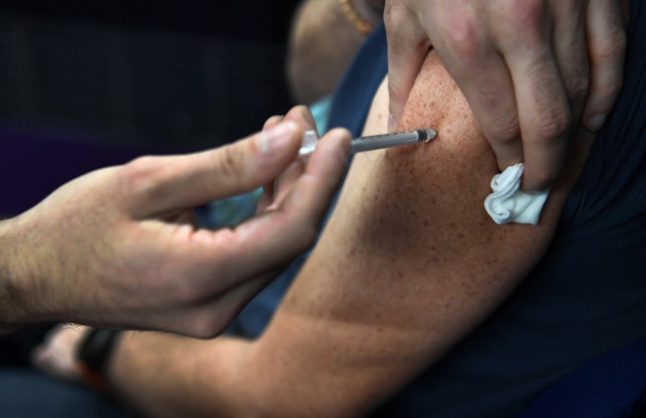“We warned over the weekend that schedule changes were likely, as quarantine measures have led to a significant drop in demand for our services,” Christophe Mathieu, director general of Brittany Ferries, said in a press statement.
Around 35,000 passengers cancelled or amended their travel plans in the days following UK's announcement that all travellers entering the country from France would have to quarantine for 14 days.
The French-owned company largely depends on British passengers, who account for about 85 percent about their customers, according to the company.
“Due to this drop, and as bookings for this autumn are falling dramatically, Brittany Ferries has decided to consolidate its crossings,” Mathieu said.
50,000 bookings affected
The Bretagne vessel linking Portsmouth and St Malo in Brittany will stop running on September 7th.
The company has also dropped the Armorique vessel, which serves Plymouth and Roscoff, from August 31st. As of September 10th this route will be run by the Pont-Aven vessel, serving three return trips per week.
The Spain route was also dropped.
The remaining vessels will run on reduced services.
Around 50,000 passengers with existing bookings will be affected by the schedule changes, the company said.
“These extraordinary decisions are regrettable and we apologise in advance to all those whose travel plans will be disrupted,” Mathieu said.
READ ALSO Quarantine, cancellations and insurance – what are your travel rights?
'Sledgehammer blow'
After the UK's announcement, Mathieu said the quarantine dealt a 'sledgehammer blow' to the company, which was already reeling from months of low activity caused by Covid-19 travel restrictions.



 Please whitelist us to continue reading.
Please whitelist us to continue reading.
Member comments